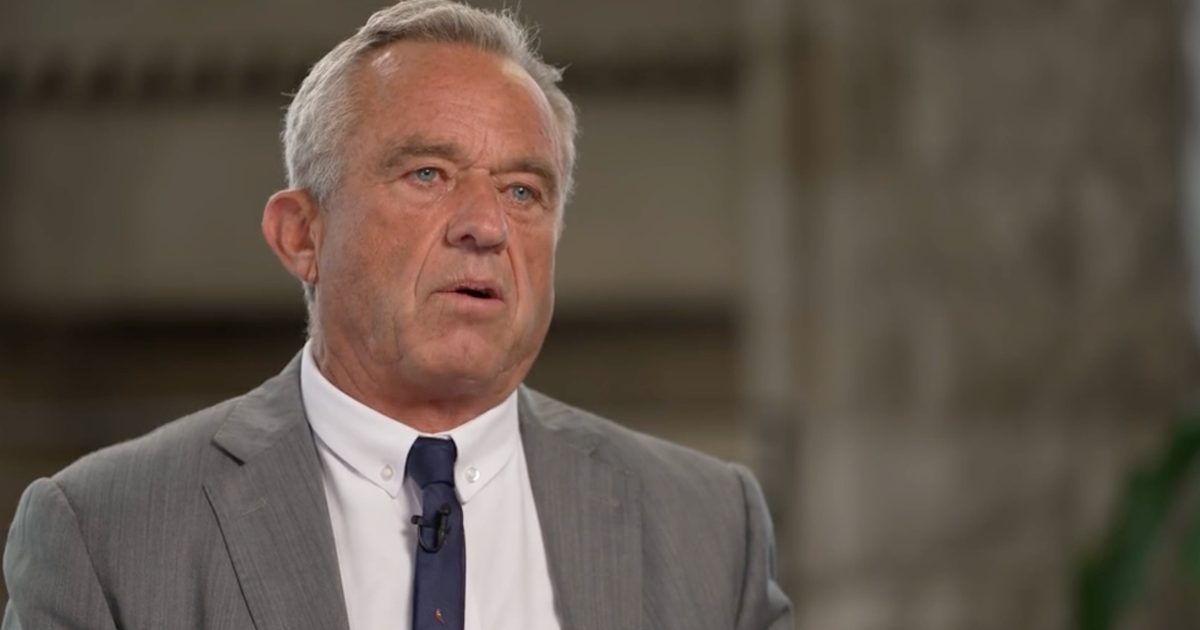What are the Iran-backed groups operating in the Middle East, as U.S. forces come under attack?
President Biden vowed to respond after three U.S. soldiers were killed Sunday when a drone struck a small American base known as Tower 22 in Jordan, very near the border with Syria. An Iran-backed group called Islamic Resistance in Iraq appeared to claim the attack.
What is this group, why did it attack a U.S. base, and how is it connected to Iran?
Iran's proxy groups in the Middle East
There are approximately 40 militant groups backed by Iran in the region, Baraa Shiban, an associate fellow at the Royal United Services Institute, a British defense and security think-tank, told CBS News. That includes the Houthis in Yemen and Hezbollah in Lebanon.
The Houthis have been targeting ships in the Red Sea and disrupting global trade since Hamas, which is also backed by Iran and designated as a terrorist organization by the U.S., attacked Israel on Oct. 7, triggering the ongoing Israeli military operation in Gaza. Hezbollah has been exchanging fire with Israeli troops over the Israel-Lebanon border since the war began, forcing thousands of civilians to evacuate the area.
The Islamic Resistance in Iraq, the group believed to be behind the attack on Tower 22, is based around the Syria-Jordan border. There are a number of groups in that area that fall under the umbrella of the Islamic Resistance in Iraq, some of which focus primarily on smuggling drugs or weapons across the border, not on conducting attacks against domestic or international forces in the region.
The aim of the more outward-looking Iran-backed militant groups in the region — and of Iran in supporting them — is largely to ensure the survival of the Syrian regime of Bashar al-Assad. These groups remain ready to be called upon in the event of another uprising in Syria that threatens the regime, Shiban said.
They also, therefore, pay close attention to U.S. activities across the region, as Washington backed some Syrian opposition groups in the civil war that started in 2011.
Islamic Resistance in Iraq has openly announced that it answers to Iran's Supreme Leader, Ayatollah Ali Khamanei. The subgroups that make it up talk about their presence and military involvement outside of Iraq's border, particularly in Syria.
How does Iran support these groups?
Iran has varied relationships with each group, and supports them in different ways, Shiban said.
In some cases, the groups are closely funded and essentially operated by Iran's powerful Islamic Revolutionary Guard Corps, or IRGC. The Revolutionary Guard, which the U.S. has designated as a foreign terrorist organization, is separate from Iran's conventional military and operates outside its borders. Other groups have their own operational structures but rely on Iran for support including everything from small arms and funding, to long-range weapons capabilities.
"The IRGC is the most important piece in that web and is able to influence the overall strategy," Shiban told CBS News. He said one of the most important things Iran offers these groups is weapons "like these drones that they use to attack the U.S. base."
Why was the attack on Tower 22 carried out?
"It is an escalation," Shiban told CBS News. "I think the Biden administration is trying to keep things isolated. So, for example, they deal with the Houthis separately. They want to deal with this incident [Tower 22] also separately from the ongoing situation in Gaza. They [the militant groups] don't see it as separate."
Shiban said the militant groups and Iran view the escalating conflict in the region as being connected to the ongoing war between Israel and Hamas.
"They are escalating against the U.S. and what they consider the U.S. presence in support to Israel," he said.
Iran has denied any participation in the attack on Tower 22, but Shiban said that, though Iran wants to avoid direct conflict with the United States, "it can afford if some of those lower level, let's say, militants do escalate against the U.S., or even Israel."
U.S. vows to respond to attack in Jordan
President Biden has vowed retaliation over the attack that killed three American service members.
John Kirby, a spokesperson for the National Security Council at the White House, said Monday on "CBS Mornings" that the U.S. "absolutely" would do what's necessary to ensure the defense of its forces deployed in the region, but he emphasized that avoiding a wider war remained a priority.
"We are not interested in a broader conflict in the region, we're not looking for another war, but we absolutely will do what we have to do to protect ourselves," Kirby said.
An Iraqi official told CBS News on Wednesday that some of the militias within the Islamic Resistance in Iraq had evacuated their bases in Iraq and Syria, fearing U.S. retaliatory strikes after Sunday's attack.
-Omar Abdulkader and Mais Al-Bayaa contributed to this report.




